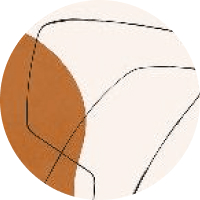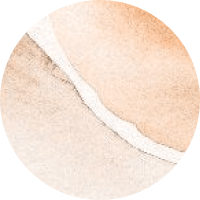Topical Insulin
In recent years, a fascinating trend has emerged in the world of skincare – the topical application of insulin after laser treatments or skin needling. This innovative approach is gaining traction for its potential to accelerate healing, improve skin texture, and even reduce scarring.
If you’re in Bunbury or Busselton and looking to enhance your skincare routine, here’s why topical insulin may be the next big thing for your skin post-treatment.
What Is Topical Insulin?
Insulin is a hormone produced by the pancreas that regulates glucose levels in the body. While it’s most commonly associated with diabetes, recent studies have shown that insulin can also have significant benefits when applied topically to the skin.
When used in combination with skin needling or laser treatments, insulin promotes healing by stimulating growth factors that improve skin regeneration and reduce inflammation.
Benefits of Applying Insulin After Laser or Skin Needling Treatments
Here’s why incorporating insulin into your post-treatment routine could elevate your skincare game:
Enhanced Skin Regeneration
- Insulin boosts collagen production, which is vital for skin healing and regeneration. Collagen helps to reduce the appearance of fine lines, wrinkles, and scars, making your skin smoother and more youthful.
Accelerated Healing Time
- Both laser treatments and skin needling create micro-injuries in the skin to stimulate healing. Insulin can speed up this process, helping your skin recover more quickly and reducing downtime after your procedure.
Improved Skin Hydration
- Insulin has been shown to enhance skin barrier function and moisture retention. This is especially important after laser or needling treatments that can temporarily compromise the skin’s natural barrier.
Reduced Inflammation
- Laser and needling treatments can cause redness, swelling, and irritation. Insulin helps to reduce these inflammatory responses, promoting a calmer, more balanced complexion post-treatment.
Minimised Risk of Hyperpigmentation
- Insulin’s anti-inflammatory properties help reduce the risk of post-inflammatory hyperpigmentation (PIH), a common side effect of laser and needling treatments, especially for individuals with darker skin tones.
Increased Skin Elasticity
- Insulin promotes the production of elastin fibres, which contribute to skin’s firmness and elasticity. This makes it particularly beneficial for those targeting sagging or lax skin, especially after treatments aimed at skin rejuvenation.
Boosts Cell Renewal
- Insulin can stimulate the process of cell turnover, helping to remove dead skin cells and promoting the growth of new, healthy cells. This leads to brighter, more even-toned skin after your procedure.
How Is Insulin Applied?
- Post-Laser Treatments: After the laser session, insulin can be applied directly to the treated area as part of the aftercare routine. It’s typically used in a serum or gel form, allowing it to absorb into the skin quickly.
- Post-Skin Needling: Following microneedling, insulin is often applied as part of the healing process. The microchannels created by the needles allow for better absorption of insulin, maximising its regenerative benefits.
Solutions
Is It Safe?
Topical insulin for skincare is generally considered safe when used appropriately and under the guidance of a licensed professional. However, it’s important to note that not all skin types or conditions may benefit equally. Before using insulin post-treatment, it’s essential to have a consultation with a qualified practitioner who can assess your individual needs.
Is This Right for You?
Topical insulin can be an excellent addition to your post-laser or skin needling routine if you’re looking to enhance healing, minimise scarring, and improve skin texture. Whether you’re in Bunbury or Busselton, we now offer this treatment as part of our post-procedure care options.









